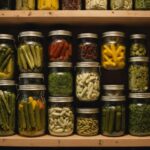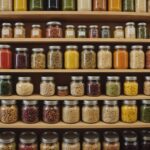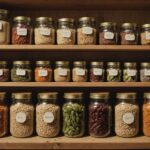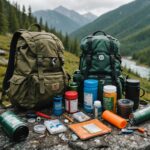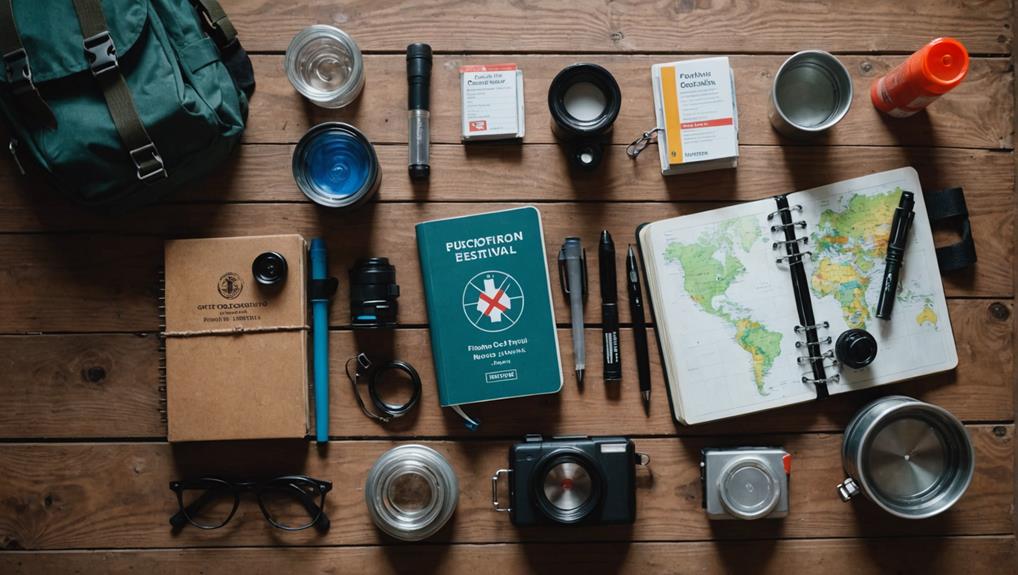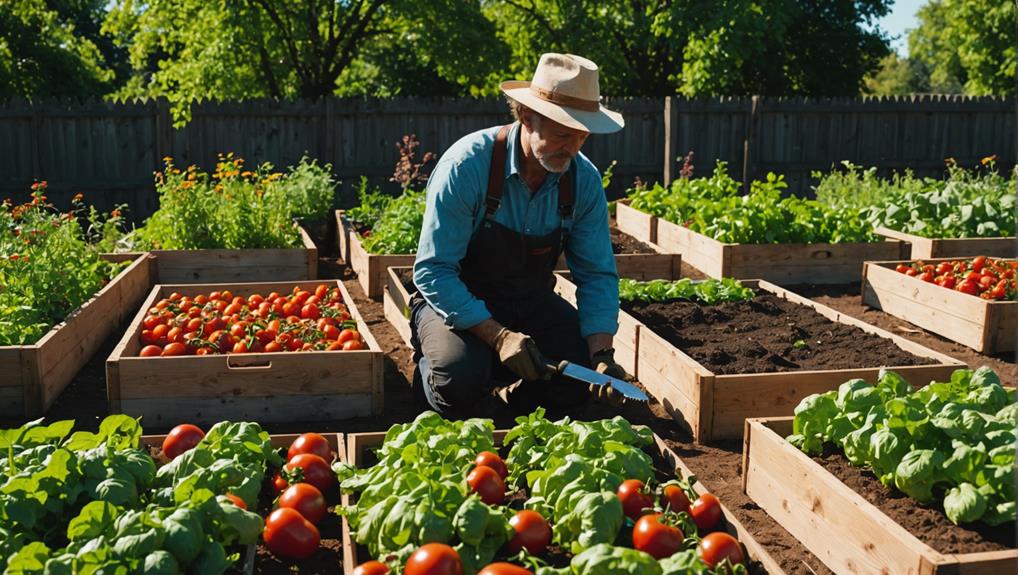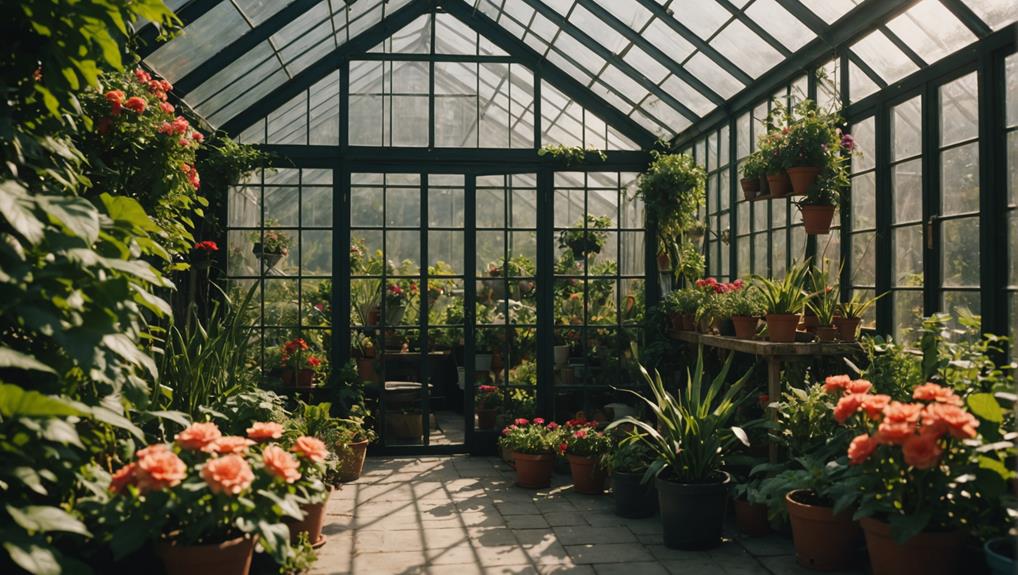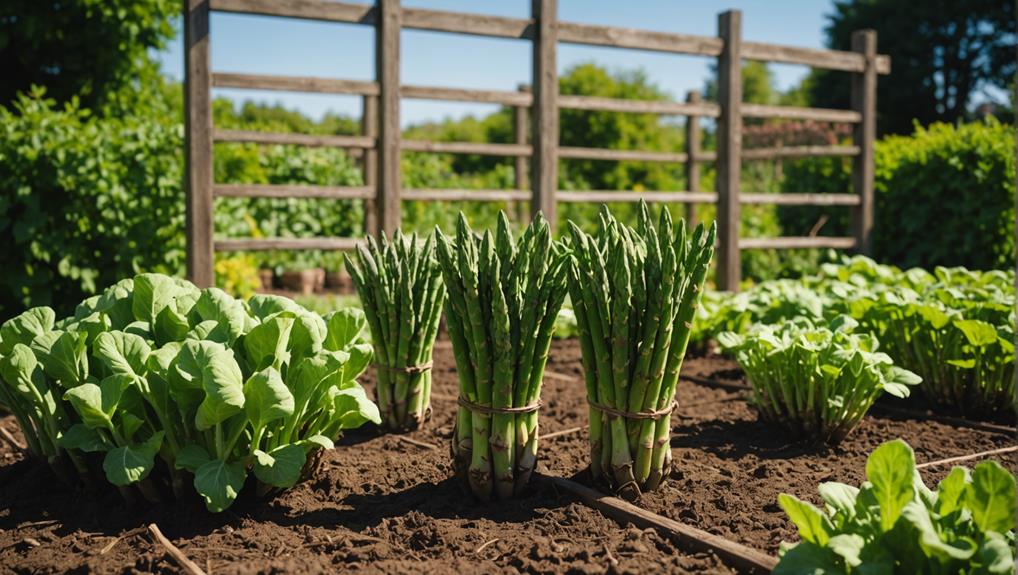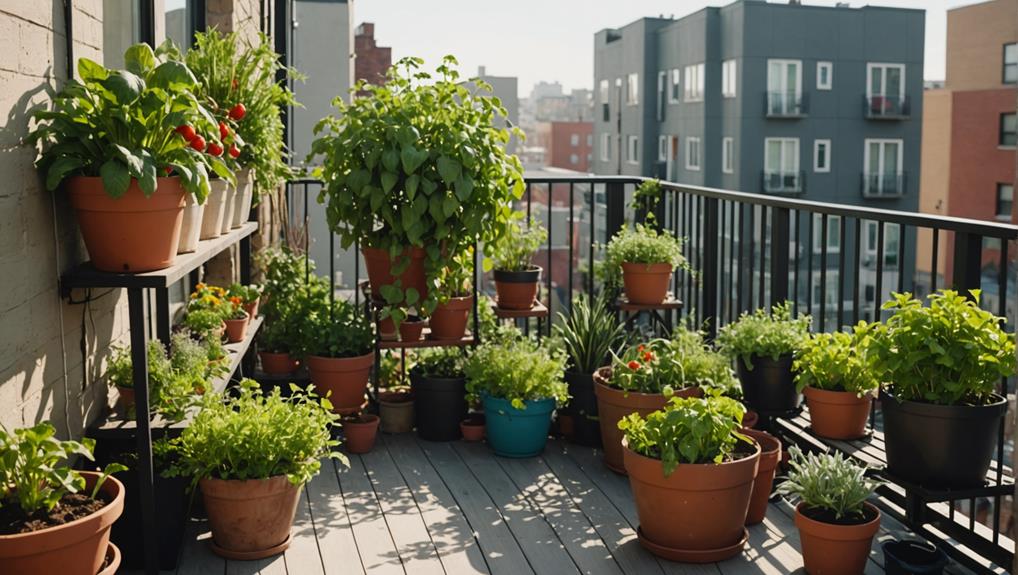As an Amazon Associate I earn from qualifying purchases.
To create a thorough prepping plan, start by evaluating your unique risks, like floods or wildfires, based on where you live. Identify emergency supplies to sustain yourself and your household for at least two weeks, including water, food, and a first aid kit. Develop essential survival skills, such as fire-starting and water purification. Connect with local prepping communities to share resources and gain valuable insights. Remember, prepping is an ongoing process that requires continuous learning and adaptation to new challenges. By following these steps, you'll build a solid foundation for your prepping journey and uncover even more strategies.
Understanding Prepping Fundamentals
Recognizing the basics of prepping is essential for anyone looking to be proactive about potential emergencies. You need to understand that effective prepping begins with a personalized prepping plan tailored to your individual needs and geographical risks. Take into account your specific location, whether it's prone to wildfires or hurricanes, and plan accordingly.
Core survival skills are vital; they'll empower you to manage resources effectively when faced with unexpected challenges. This means building a stockpile of emergency supplies, ensuring you have what you need when the time comes. Continuous learning is key in this journey, as evolving threats demand that you update your knowledge and strategies regularly.
Don't underestimate the power of a supportive community network. Sharing knowledge and resources with like-minded individuals enhances your prepping efforts and builds resilience. Engaging with others also helps you practice your core survival skills, which can be invaluable during a real emergency. By focusing on resource management and adapting your plan as necessary, you'll reinforce your emergency preparedness, ensuring you're ready for whatever life throws your way.
Conducting a Risk Assessment
To effectively prepare for emergencies, start by conducting a thorough risk assessment that identifies the specific hazards you might face in your area. Begin by pinpointing potential threats, including natural disasters like floods, hurricanes, or wildfires, as well as man-made risks such as civil unrest or industrial accidents. Evaluating the historical frequency and severity of these events will help you prioritize which risks need immediate attention in your prepping plan.
Next, consider your household vulnerabilities. Think about the age and health of family members, pets, and any special needs that could impact your emergency response. This insight will guide you in creating tailored strategies that cater to your unique situation.
Additionally, research local resources and community support systems that can assist during emergencies. Document your findings and compile a prioritized list of risks. This list will serve as the foundation for developing a robust emergency plan, ensuring you're prepared for whatever comes your way. Remember, a thorough risk assessment is key to achieving the freedom and confidence you seek in your preparedness journey.
Building Your Emergency Supplies
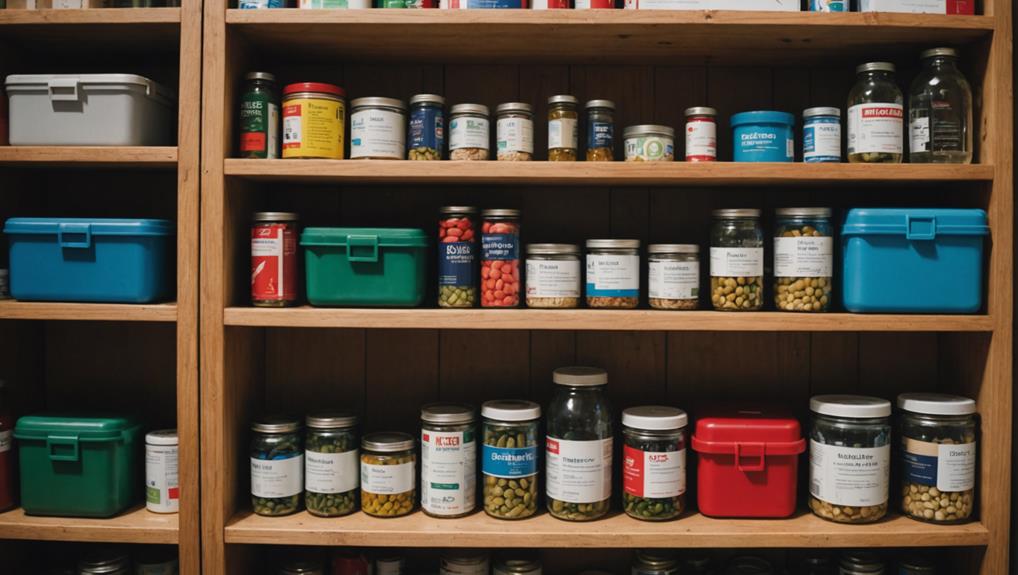
Building your emergency supplies starts with identifying the essentials you'll need to sustain your household for at least two weeks during an emergency. As a beginner prepper, focus on gathering a variety of supplies that will keep you self-sufficient and free during tough times.
Here's a quick reference table to help you get started:
| Supply Type | Examples | Notes |
|---|---|---|
| Water Supply | 14 gallons per person | Use reliable containers, like barrels. |
| Food Storage | Canned goods, freeze-dried meals | Check shelf life and rotate regularly. |
| First Aid Kit | Bandages, antiseptic wipes | Verify it's stocked and up-to-date. |
| Sanitation Supplies | Toilet paper, soap | Consider family needs in your planning. |
| Water Purification | Tablets, filters | Always have backups ready. |
Be mindful of expiration dates and the shelf life of your emergency food supply. Regularly check your inventory to confirm everything remains fresh. Building a solid foundation of emergency supplies not only empowers you but also fosters a sense of freedom during uncertain times.
Developing Essential Survival Skills
Developing essential survival skills equips you to handle emergencies with confidence and self-reliance. These skills are your lifeline when faced with an emergency situation. Start by mastering fire-starting techniques, like using flint and steel or friction methods, to provide warmth and cook food. Learning to build improvised shelters from natural materials can protect you from harsh elements.
Water purification is important; familiarize yourself with methods like boiling or using a LifeStraw. Remember, you can only survive three days without water. Foraging for edible plants and understanding local wildlife for hunting or trapping will greatly enhance your food security.
Don't overlook first aid training. Knowing CPR and wound care can mean the difference between life and death in critical moments. Also, maintain personal hygiene, as it's essential for preventing illness during emergencies.
Engaging With Your Community
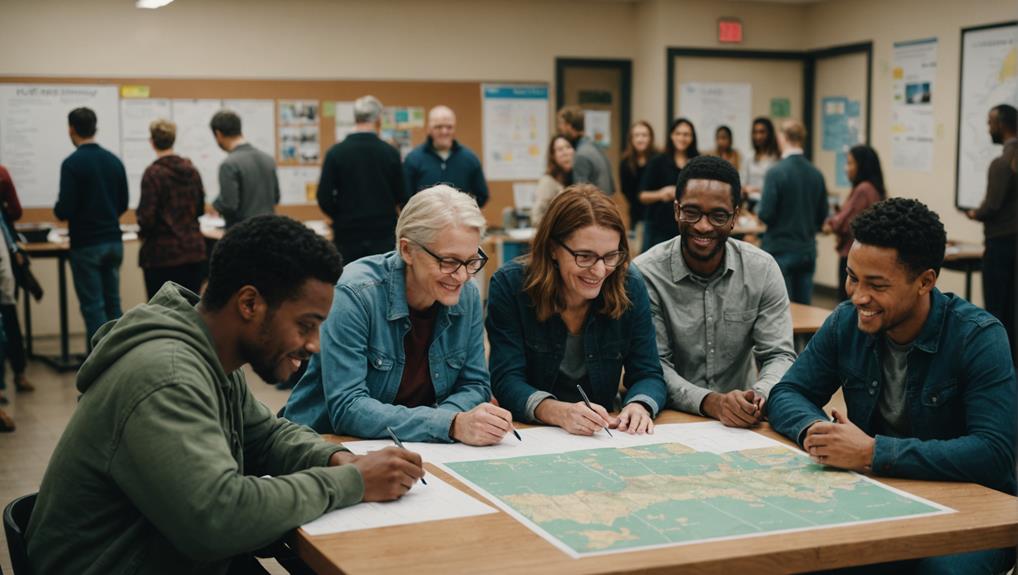
Engaging with your community not only strengthens relationships but also creates a essential support network for sharing resources and knowledge during emergencies. By joining local prepping groups or online forums, you can tap into a wealth of experience, learning from others who've faced similar challenges. Community involvement is key; it leads to organized training sessions, workshops, and drills that enhance collective preparedness and resilience against potential threats.
Collaborate with your neighbors on bulk purchasing of emergency supplies. This strategy not only lowers costs but also guarantees you have a well-stocked supply of essentials like food and water. Volunteering for local emergency response teams or participating in preparedness events can provide you with hands-on experience, building crucial skills for crisis situations.
As you engage with your community, you'll discover the power of shared knowledge and resources. These connections can be invaluable in times of need. Embrace the spirit of cooperation and take steps to become an active participant in your community's preparedness efforts. Together, you can create a safer, more resilient environment for everyone.
Frequently Asked Questions
How Do You Create a Preparedness Plan?
To create a preparedness plan, assess risks, gather survival gear, and stock emergency supplies like food storage and water purification. Develop communication plans, practice self-defense, and foster community preparedness for enhanced mental resilience.
What Is the First Thing a Prepper Should Do?
The first thing you should do is conduct a risk assessment. Identify essential supplies, create emergency kits, focus on food storage, community resources, and develop self-defense and communication plans for financial and medical readiness.
What Is the First Rule of Prepping?
The first rule of prepping is adopting a survival mindset. Focus on essential supplies, food storage, first aid, self-defense skills, and financial preparedness while utilizing community resources and emergency communication to build mental resilience and effective bug-out bags.
How to Start Doomsday Prepping?
To start doomsday prepping, gather essential doomsday supplies, build emergency kits, and enhance survival skills. Focus on food storage, water purification, self-defense tactics, and mental preparedness while engaging in community networking for long-term sustainability.
Conclusion
By following these steps, you're well on your way to creating a solid prepping plan. Remember, prepping isn't just about supplies; it's about being prepared mentally and physically for any situation. Stay informed, continually assess your risks, and don't hesitate to connect with others in your community. The more you engage and practice your skills, the more confident you'll become. Start today, and you'll find peace of mind knowing you're ready for whatever comes your way.
As an Amazon Associate I earn from qualifying purchases.





